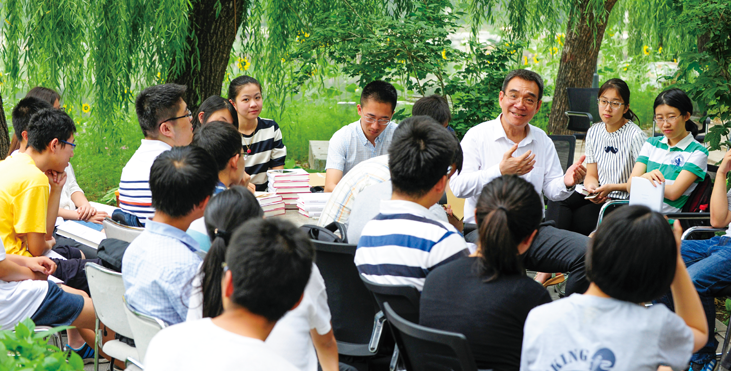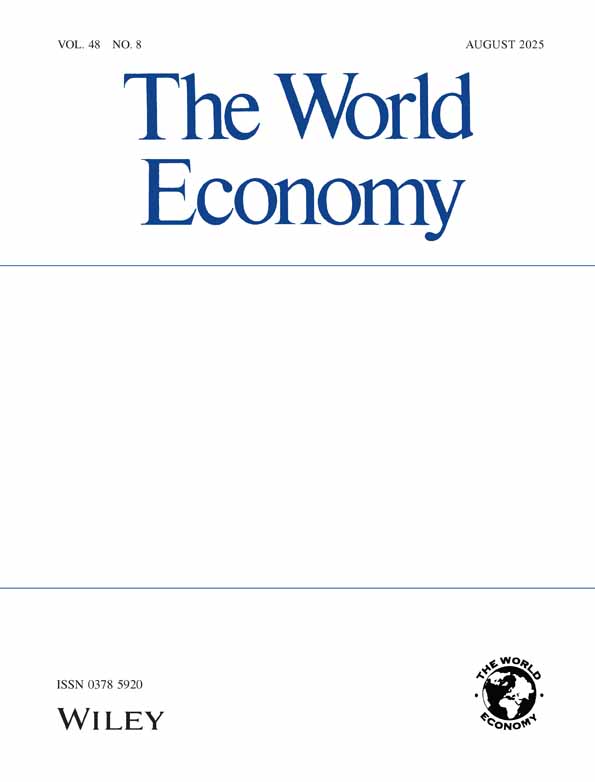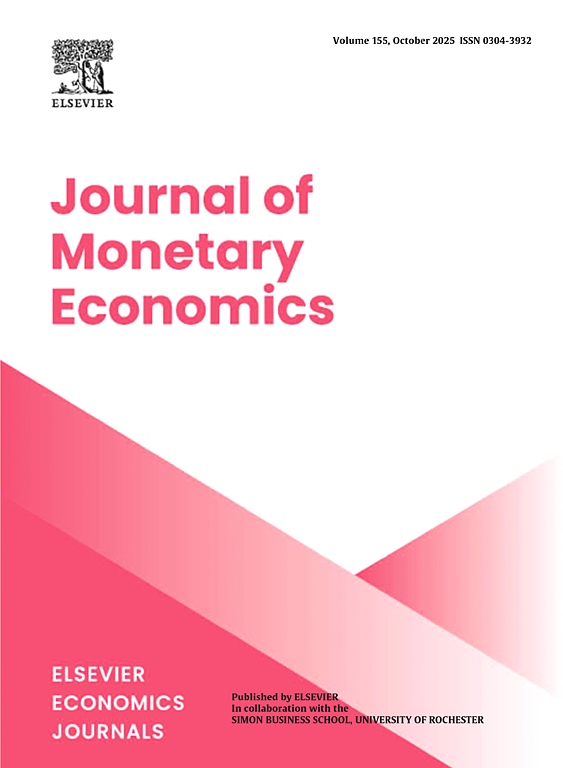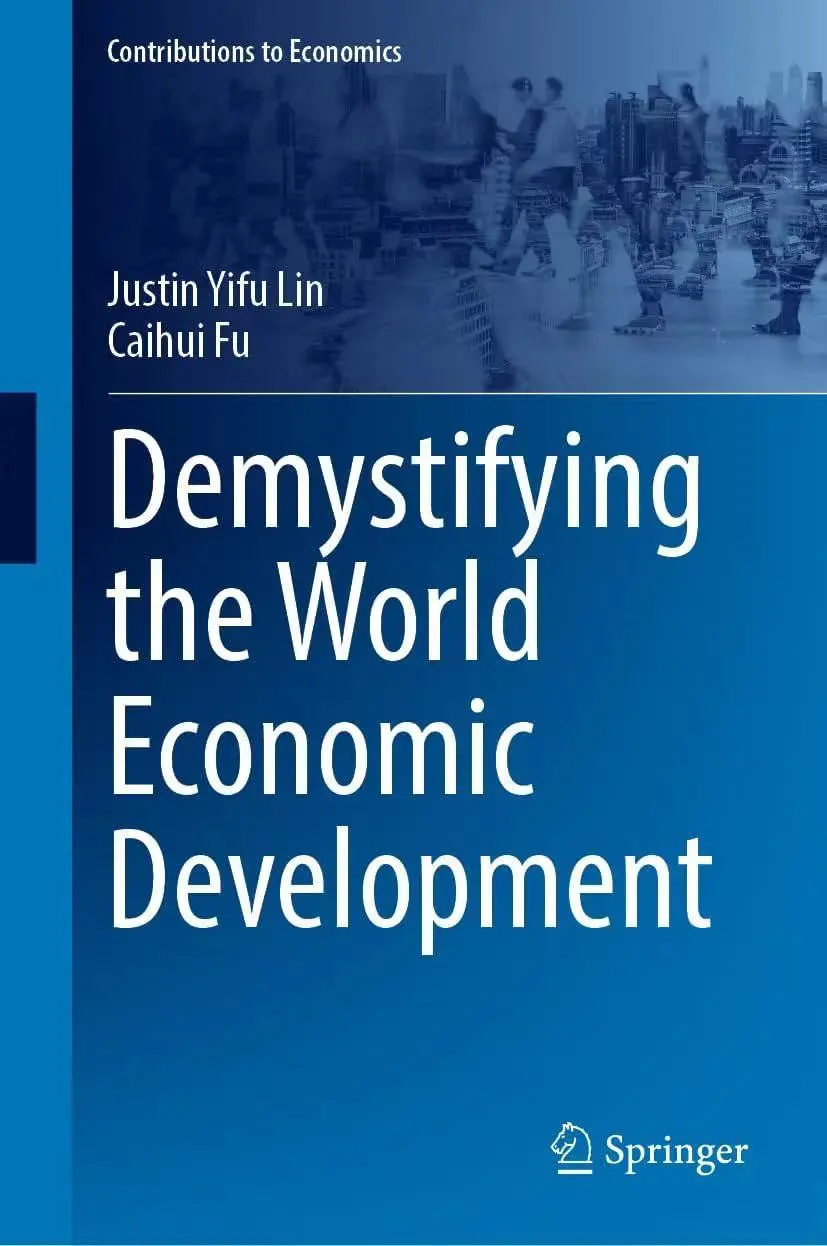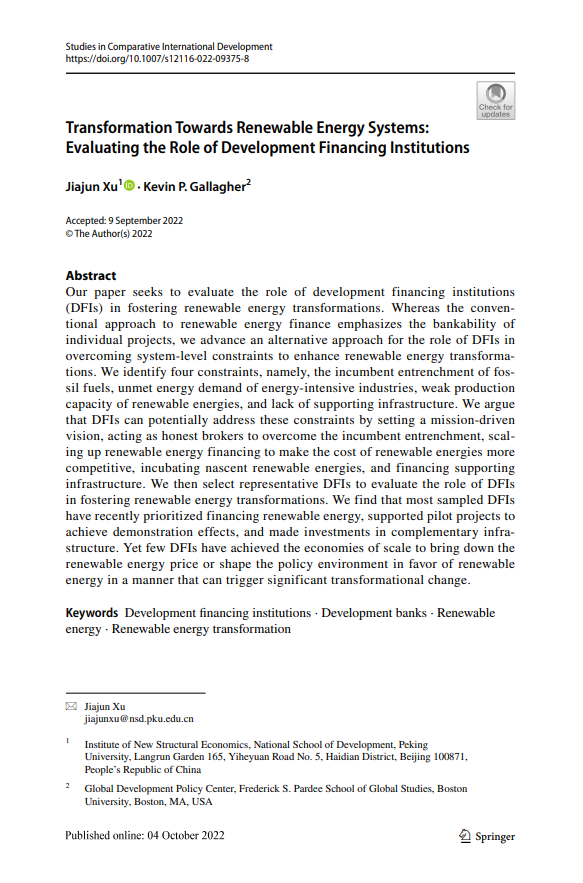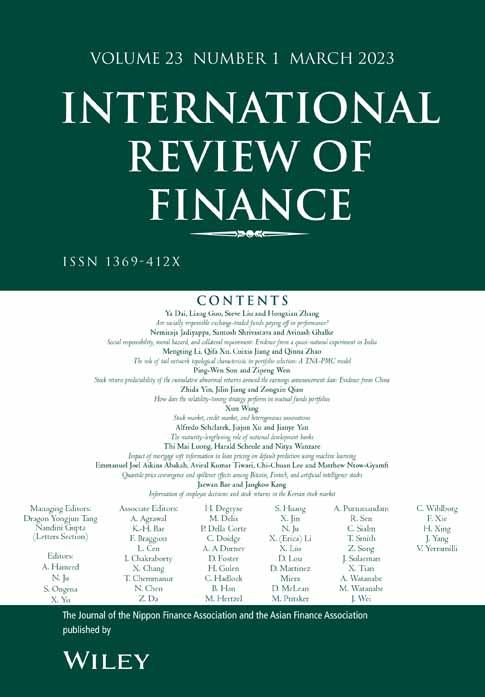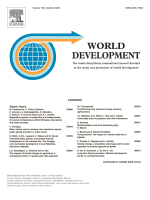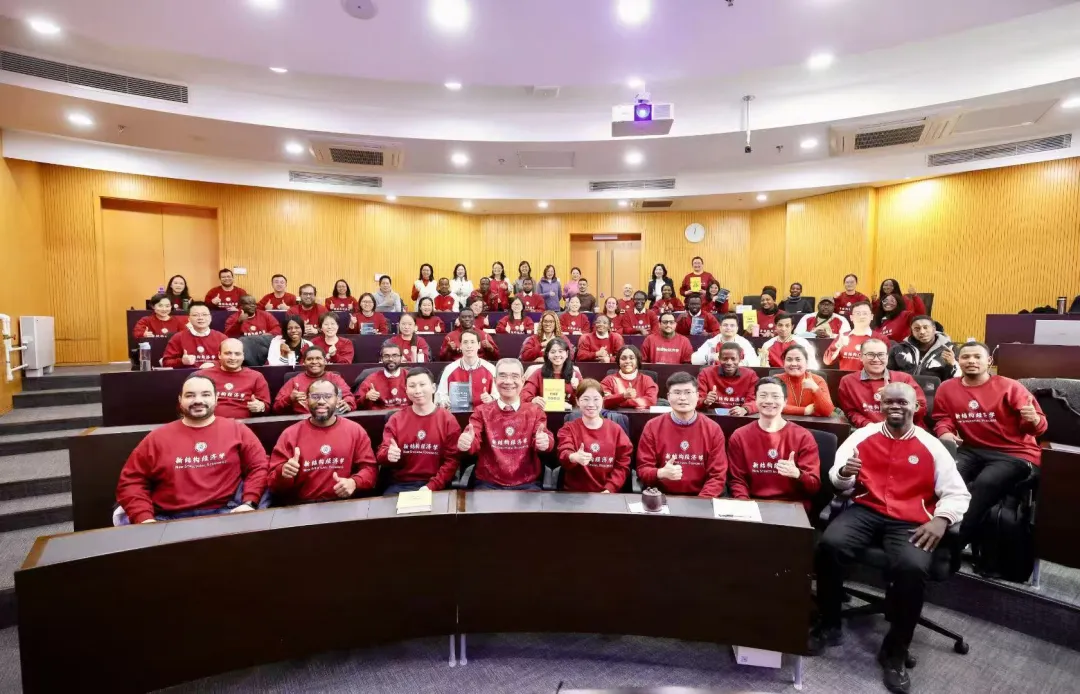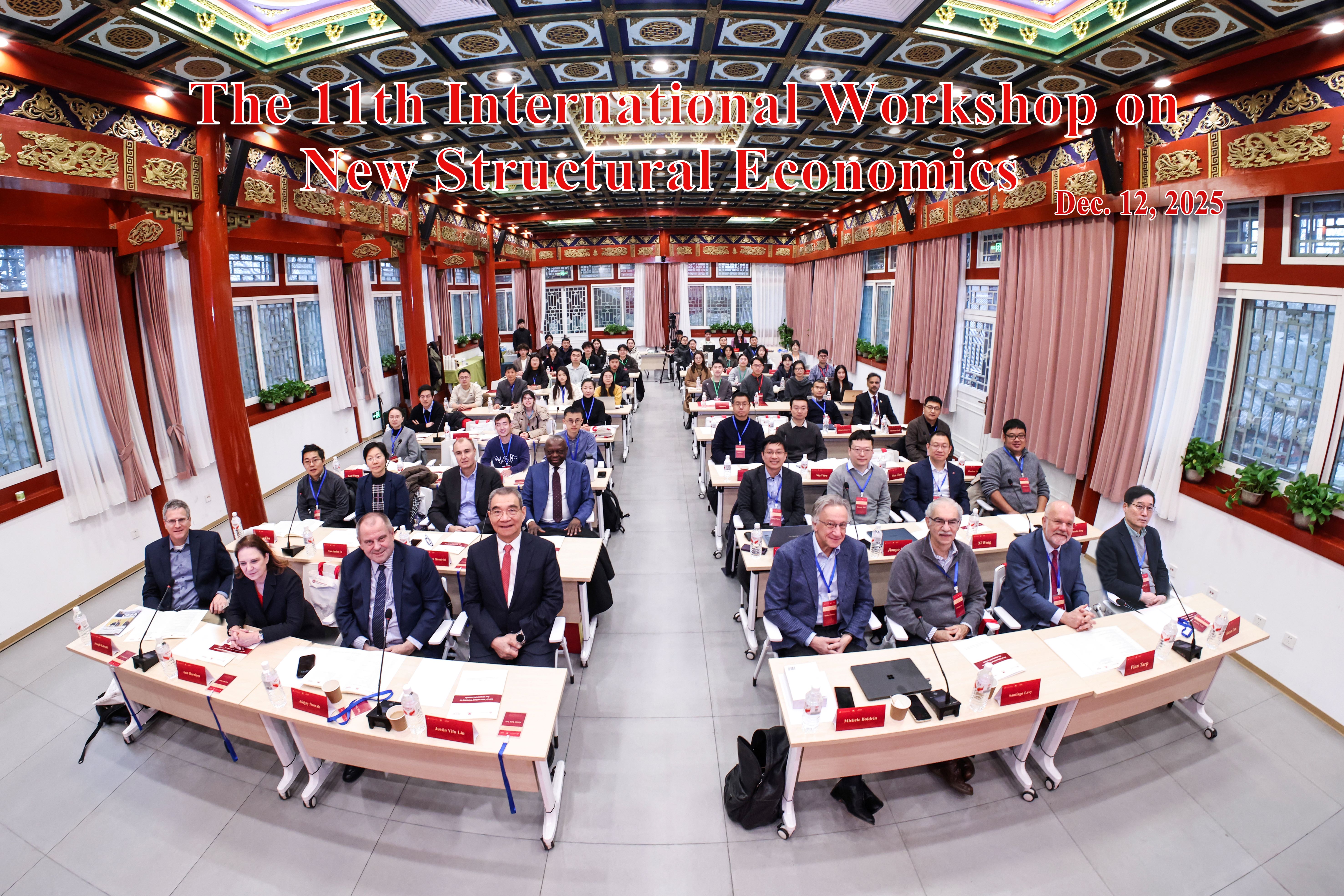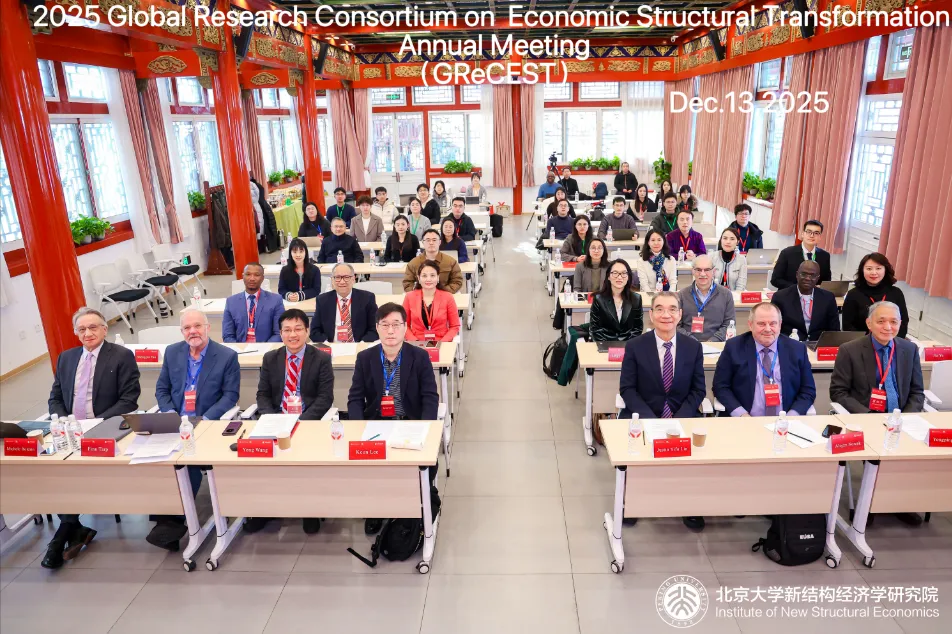Proposed and championed by Prof. Justin Yifu Lin and his collaborators, NSE is a systematic theoretical framework for studying economic development, transition and operation. Guided by dialectical materialism and historical materialism, NSE applies the neoclassical approach to the study of the determinants of economic structure and its evolution.
-
【The World Economy】Development Strategy and International Capital Flows
Justin Yifu Lin, Xin Wang
Sep 15, 2025
Although the “Lucas Paradox” has sparked extensive literature on the determinants of international capital flows between developed countries and developing countries, few papers have captured substantial private capital inflows to emerging economies with good economic performance. In this paper, we develop a model where countries differ in their factor endowments and governments' development strategies. If the government in a labour-abundant country, influenced by inappropriate development ideas, employs policy interventions to favour the development of the capital-intensive sector, the economic performance will be poor and capital return will be repressed. As a result, capital outflow will occur. We test the theory using comprehensive data with a novel measure of distortions caused by development strategy. Our results show that a reduction in strategy distortions significantly increases capital inflows. In addition, the Lucas Paradox arises only when developing countries implement highly distorted development strategies, and the threshold above which GDP per capita is significantly positively correlated with capital inflows is close to the average extent of policy distortions in some faster-growing developing countries since the 1990s. -
【Journal of Monetary Economics】A Theory of the Dynamics of Factor Shares
M. Boldrin, D. K. Levine, Y. Wang, L. Zhu
Jul 04, 2024
This paper proposes a theory of the dynamics of factor shares within the context of an equilibrium model of endogenous innovation, growth, and cycles. Our deterministic model rests on two assumptions: (i) production requires two complementary inputs, capital, and labor, and (ii) technical progress is labor-saving and embodied in capital goods. The model’s unique equilibrium path displays recurring growth cycles, each consisting of an adoption and innovation phase, along which factor shares fluctuate within bounds. The interaction between factor prices and opportunities for labor-saving innovations brings about both persistent growth and aggregate oscillations through which it takes place. We provide evidence that the model-implied correlations between factor shares and the other labor market variables are consistent with the data. -
New Publication|Demystifying the World Economic Development
co-authored by Prof. Justin Yifu Lin and Fu Caihui
Jul 04, 2024
Demystifying the World Economic Development, co-authored by Prof. Justin Yifu Lin and Fu Caihui, from the Institute of New Structural Economics (INSE) at Peking University, has been published by Springer as part of the "Contributions to Economics" series. The book serves as a companion volume to Demystifying the Chinese Economy (2009), authored by Justin Yifu Lin. -
【Studies in Comparative International Development】Transformation Towards Renewable Energy Systems: Evaluating the Role of Development Financing Institutions
Xu Jiajun, Kevin P. Gallagher
Dec 01, 2022
Our paper seeks to evaluate the role of development financing institutions (DFIs) in fostering renewable energy transformations. Whereas the conventional DFI approach to renewable energy finance emphasizes the bankability of individual projects, we advance an alternative approach for the role of DFIs in overcoming system-level constraints to enhance renewable energy transformations. We identify four constraints: namely, the incumbent entrenchment of fossil fuels, unmet energy demand of energy-intensive industries, weak production capacity of renewable energies, and lack of supporting infrastructure. We argue that DFIs can potentially address these constraints by setting a mission-driven vision, acting as honest brokers to overcome the incumbent entrenchment, scaling up renewable energy financing to make the cost of renewable energies more competitive, incubating nascent renewable energies, and financing supporting infrastructure. We then select representative DFIs to evaluate the role of DFIs in fostering renewable energy transformations. We find that most sampled DFIs have recently prioritized financing renewable energy, supported pilot projects to achieve demonstration effects, and made investments in complementary infrastructure. Yet few DFIs have achieved the economies of scale to bring down the renewable energy price or shape the policy environment in favor of renewable energy in a manner that can trigger significant transformational change. -
【International Review of Finance】The Maturity Lengthening Role of National Development Banks
Alfredo Schclarek, Jiajun Xu, Jianye Yan
Oct 10, 2022
We analyze why national development banks (NDBs) may provide longer-term loans to firms than private commercial banks (PCBs). If NDB bonds have higher collateral value than PCB bonds, then NDBs may lend longer-term than PCBs. NDBs may enjoy higher recapitalization willingness and capacity by the state and hence greater collateral value than PCBs. Moreover, NDBs may have advantages over state-owned commercial banks if NDB bonds enjoy higher market liquidity. However, NDBs may suffer from poor monitoring quality owing to undue political intervention, thus undermining collateral value. Our study implies that NDBs are not substitutes for but complements to PCBs. -
【World Development】Long-term finance provision: National development banks vs commercial banks
Bo Hu, Alfredo Schclarek, Jiajun Xu, Jianye Yan
Aug 30, 2022
Despite its practical significance in promoting long-term economic growth, long-term finance is often in short supply, especially in developing countries. Governments in both developed and developing countries have established national development banks (NDBs) to provide much-needed long-term loans. We have built the first database on NDBs worldwide to systematically examine whether NDBs lend longer than commercial banks in deciding the maturity of their loans. We find that long-term loans constitute a larger proportion of the total loan portfolio in NDBs than that in commercial banks in general and privately owned commercial banks in particular. This result is statistically significant after controlling for country- and bank-level factors. Our study contributes to the literature on loan maturity because we are the first to use a comprehensive panel data to systematically examine whether NDBs—an understudied but important financial intermediary—play a maturity-lengthening role in filling the financing gap.
-
China's growth moderates mainly due to global cycles, but resilience and opportunity remain, says expertDec 25, 2025Justin Yifu Lin, dean of the Institute of New Structural Economics at Peking University, told China Perspective in a recent exclusive interview that China's economy moderated over the past few years mainly due to international cyclical factors, emphasizing that China still has substantial room for growth.Learn more
-
Strengthened resilience key for economyDec 17, 2025Boosting domestic demand top priority as nation gears up for 15th Five-Year PlanLearn more
-
China achieving average annual growth of 5–6% before 2035 is attainable: Justin Yifu LinDec 16, 2025New quality productive forces to drive China’s economic development: economistLearn more
-
【Project Syndicate】Development Finance Must Shift Away from AidNov 04, 2025To meet the evolving challenges of development finance, both traditional and non-traditional donors and creditors should move beyond aid and adopt multidimensional strategies that combine trade, investment, infrastructure, green technology, and digital connectivity, including fintech solutions, to support EMDEs. Importantly, such collaborations should be viewed as a mutual learning process in which partners assume complementary roles and shared responsibilities.Learn more
-
Undergraduate Programmore+The “PKU NSE Undergraduate Experimental Class” (the “Justin Yifu Lin Class”) is jointly established by the School of Economics and the Institute of New Structural Economics (IN...
-
PhD Programmore+In 2018, the Institute of New Structural Economics (INSE) at Peking University launched its PhD program in Economics. Each year, outstanding undergraduate students are selec...
